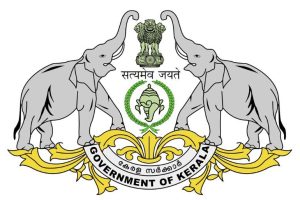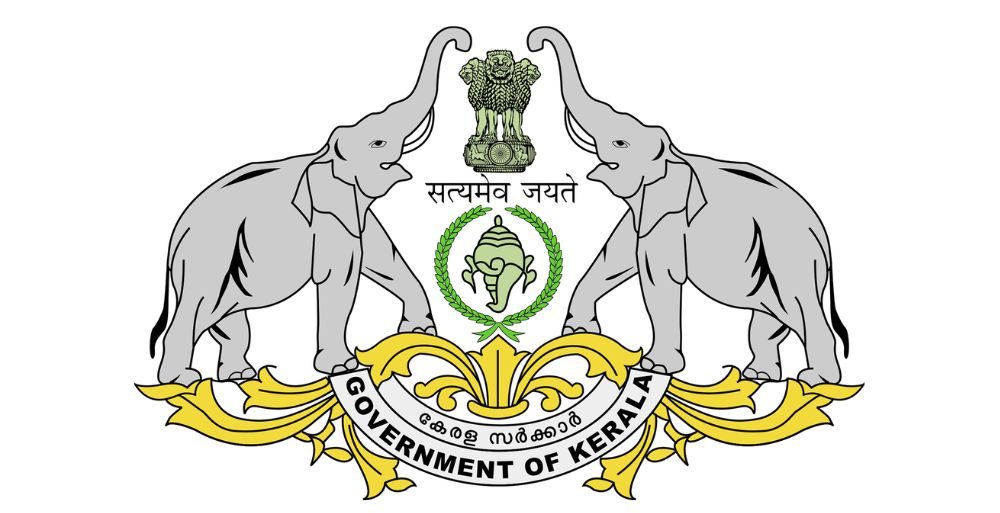Twenty years ago, when British retail giant Tesco entered India with a small back-office team, its employees primarily handled IT and finance operations. Fast forward to today, and Tesco’s Bengaluru hub has evolved into a strategic engine driving complex global operations—ranging from vendor due diligence and data analytics to store design and customer behavior forecasting.
This transformation mirrors the remarkable rise of Global Capability Centres (GCCs) in India. Once known as offshore support units, these centres have become integral to the global strategies of multinational corporations. They now perform high-value tasks spanning IT, finance, R&D, AI-driven automation, and even design innovation.
Why India?
The boom in GCCs is fueled by India’s unique advantages:
- Talent Abundance – With one of the fastest-growing AI and digital talent pools, India offers a deep bench of engineers, designers, and researchers.
- Cost and Efficiency – Beyond cost savings, India provides “intellectual arbitrage” by centralizing specialized expertise in one location.
- Government Support – State-level incentives and pro-business policies are driving GCC expansion into both metro hubs and tier-II cities.
- Real Estate Benefits – Smaller towns like Nashik offer affordable talent and lower office space costs, sparking a property boom.
Industry Growth and Impact
- The number of multinational companies operating GCCs in India jumped from 700 in 2010 to over 1,700 by 2024.
- GCCs employ more than 2 million professionals, generating an estimated $65 billion annually.
- Consulting firms project the market will surpass $100 billion by 2030, growing at a CAGR of nearly 14%.
- In 2023 alone, GCCs accounted for 31% of India’s office space leasing demand, reflecting their physical expansion.
Many GCCs are now so integral that they function as “second headquarters” for global firms. For example, US retailer Target’s India centre directly drives business outcomes, develops new revenue streams, and serves as a profit centre—far beyond its original support role.
Challenges Ahead
Despite its rapid ascent, the sector faces hurdles:
- Geopolitical Pressures – Rising protectionism and potential outsourcing taxes in the US could impact growth.
- Infrastructure Gaps – Cities like Bengaluru struggle with essentials such as piped water, highlighting the need for infrastructure upgrades.
- Regulatory Complexities – Taxation, compliance, and data protection laws remain challenging for global firms.
The Road Ahead
Industry leaders believe India’s GCC ecosystem is at an inflection point. If nurtured well, these centres could transform India from a global service hub into a decision-making hub, with some even predicting companies might eventually shift headquarters to India.
The coming years will determine whether India can balance its infrastructure, compliance framework, and global trade relationships to sustain this extraordinary growth.















